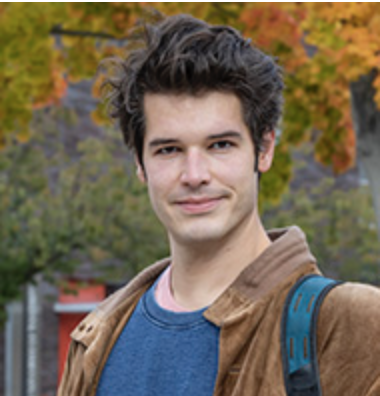
Tomasz Śliwowski
Research Fellow
contact via dathe@europa-uni.de
Vita
Tomasz K. Śliwowski holds a PhD from UC Berkeley’s Department of Comparative Literature and Program in Critical Theory. Under the direction of Prof. Nikalus Largier, he wrote a dissertation on “Literary Senses of the Historical” that elaborates concrete, qualitative temporalities experienced as if they were emotions. This dissertation project focused on Polish and German texts and films from the socialist and post-socialist periods. More broadly, his research is concerned with the question of how literature can shed light on culturally-specific experiences of time in order to elaborate an anthropological understanding of historical consciousness. A book chapter on the Polish poet Witold Wirpsza has recently appeared in the collected volume Berlin International. Literaturszenen in der geteilten Stadt (1970‒1989). He also works as a freelance writer, translator, and instructor.
Project Abstract
Dr. Śliwowski’s project at EUTIM builds on his dissertation’s work by conceiving an additional chapter, which would be focused on the 1960s in Poland and East Germany. Continuing the comparative angle of his project, this chapter will investigate experiences of time and the articulation of historical consciousness during the era of Ankunftsliteratur in the DDR and during the Gomułka Thaw in Poland. The 1960s are a relatively understudied period in the historiography of East-Central European state socialism compared to the decades that flank them. Having been built in the 1950s, socialism began to solidify into specific, national forms at this time while the promise of the space race and the threat of nuclear annihilation loomed in the skies above. A secondary goal of Sliwowski’s visiting postdoctoral research stay will involve establishing and deepening contacts with historians in order to make his broader project, about qualitative temporality and anthropologies of historical consciousness, more legible to the discipline of history. It is his hope that this project’s idiosyncratic uptake of American Feminist affect theory and the philosophy of history can furnish a more nuanced grammar for describing the phenomenology of historical time.